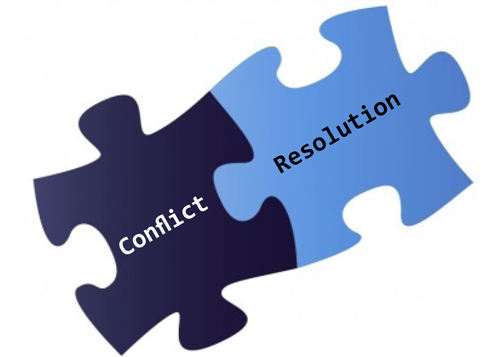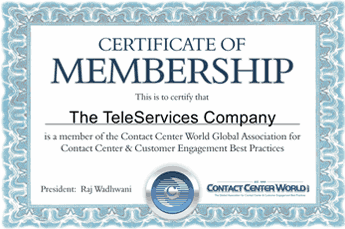Who Should Attend?
Managers, senior managers, middle level management, and others who need to develop their managerial skills for enhanced performance and career progression.
About The Program
Conflicts are a part of our regular lives and it is impossible to avoid conflicting points of view everywhere. However, conflict is not always negative, nor is it essentially bad. How it is handled makes all the difference. Proper identification and understanding of conflict is what allows for effective resolutions, most of which may produce positive outcomes.
At TSC, in this 3 day program, we examine the different types of conflict, how to understand and embrace the positive aspects of conflict, and how to successfully navigate conflict to positive solutions amongst individuals or teams.
Through this Program, you master the fundamentals of conflict resolution and refine your intercultural communication skills. You’ll learn to strengthen your personal and professional relationships by addressing conflicts between individuals and within organizations in a constructive manner.
You’ll build skills specifically aimed at managing intercultural conflicts in today’s global professional society, and you’ll explore how competing interests and goals, power imbalances, and other factors influence the nature of conflict and management strategies.
Program Objectives
- Learn how to apply appropriate conflict analysis to your organization and contexts
- Adopt a mindset that is self-aware and sensitive to diverse populations of people in various set up organizations
- Develop a reflective practice of learning
- Bridge the gap between ‘knowing’ and ‘doing’ so that you can put the skills into practice in your own context
- Work toward reaching constructive outcomes through the use of collaborative processes
Program Content
DAY ONE
- Different types of conflict
- Is conflict good or bad?
- Possible benefits of a conflict
- Conflict resolution styles
- Self-assessment
DAY TWO
- The importance of using the right language when resolving conflict.
- The conflict resolution process
- Mediation and characteristics of a mediator
DAY THREE
- Sharing of best practices
- Facilitator-led group discussions
- Role playing and situation handling






